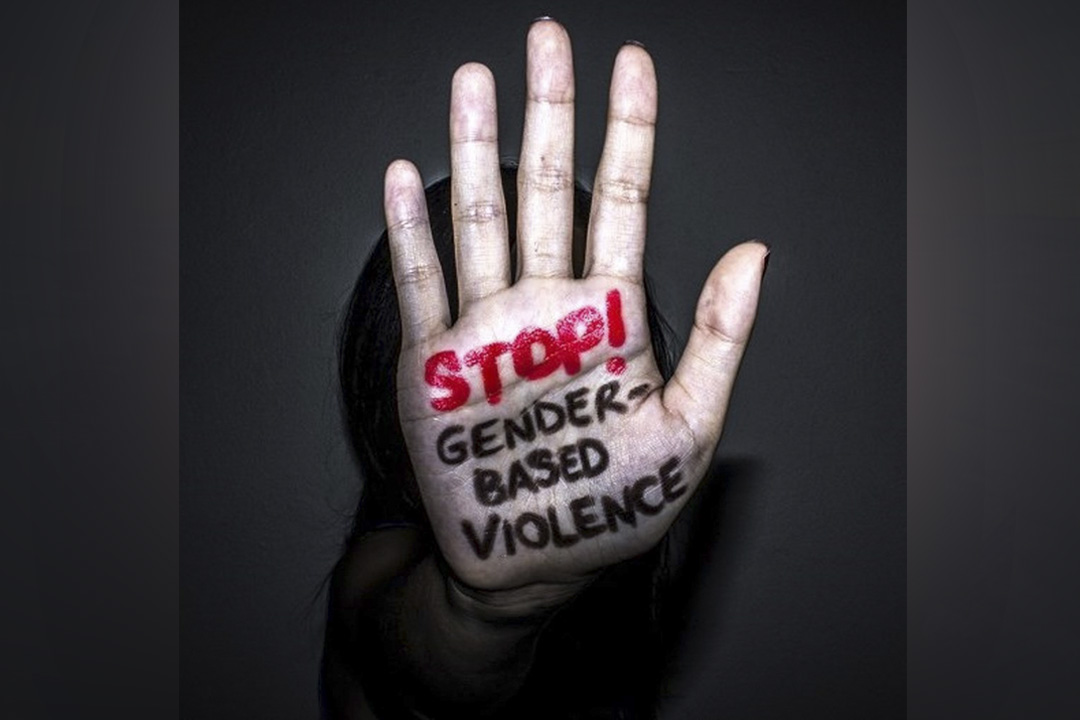Gender Based Violence & Human Rights
The World Health Organization defines Gender-based violence (GBV) as referring to all forms of violence and/or physical, mental, economic or social abuse that happen to women, girls, men and boys because of their gender.

Gender-based violence has been identified as a significant driver of HIV/AIDS infections in women all over the world. International organizations are increasingly focusing on the elimination of violence against women as key in the battle against the spread of the epidemic1. Prevention strategies need to address the unequal power between men and women, and norms and practices that put women at a higher risk of exposure to HIV.
According to UNAIDS, women who have experienced violence are up to three times more likely to be infected with HIV than those who have not. Country statistics compiled by the United Nations show that younger women in Africa are more likely to experience physical or sexual violence than older women, generally from an intimate partner.
NAPHAM is implementing a Positive Voices against Gender Based Violence project in partnership with JournAIDS with funding from European Union (EU) in four districts in Central Region. The project targets 20 GVHS in four districts namely Salima, Dowa, Ntchisi and Nkhotakota. Additionally some 80 village headmen including religious leaders, Police Officers, Magistrates and Victim Support Units will also benefit. All in all, the project targets 1,200 primary beneficiaries and 30,000 people as secondary beneficiaries.
The goal of the project is to contribute towards enhancement of women’s rights with a specific focus on the rights of people living with HIV and AIDS and democratic governance.
The project aims at; raising awareness and document women’s rights violations associated with HIV and AIDS in line with national policies and international treaties in Malawi by 2015, enhance capacity of Police Victim Support Units, the judiciary and local structures in addressing and documenting cases of women’s rights violation and related stigma and discrimination in Malawi by 2015 and build media capacity in reporting human rights violations related to HIV and AIDS women’s rights and gender related policy processes in the context of democratic governance in Malawi by 2015.